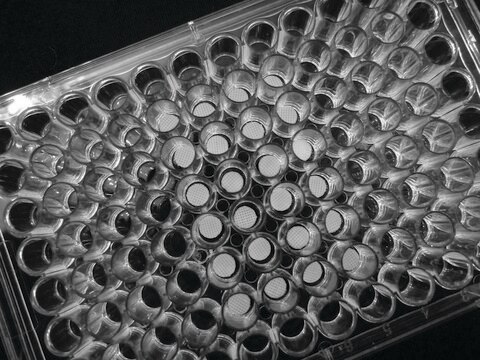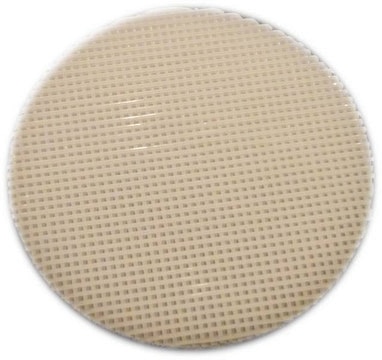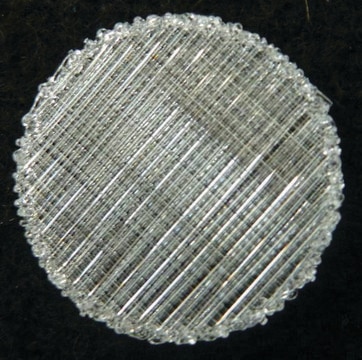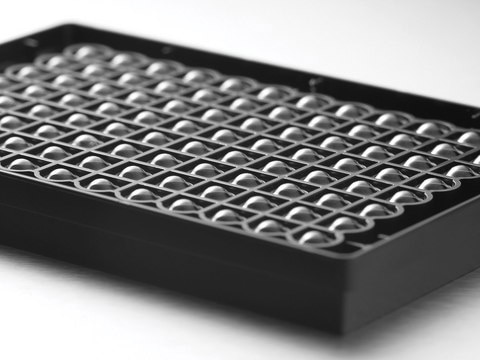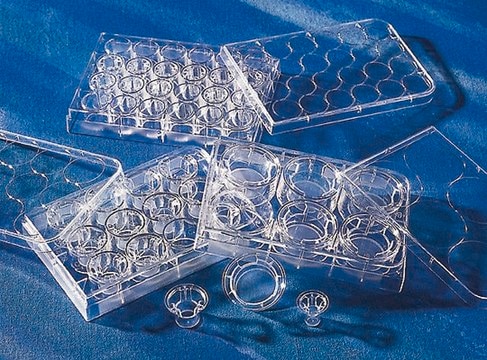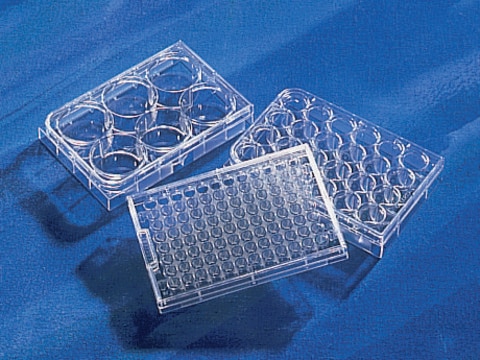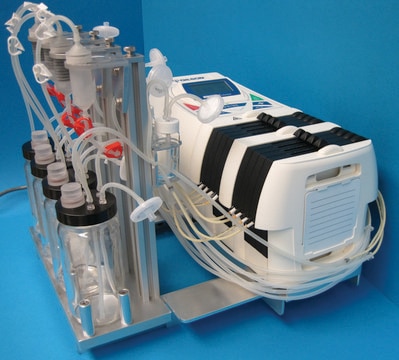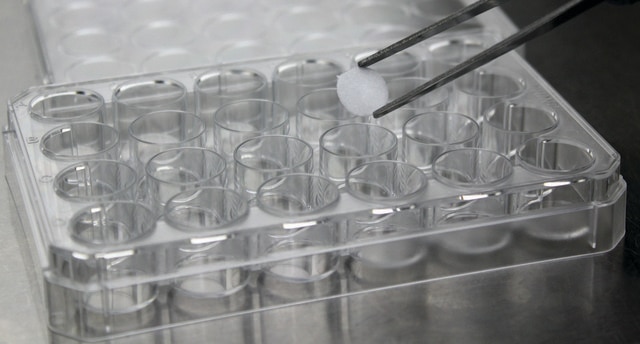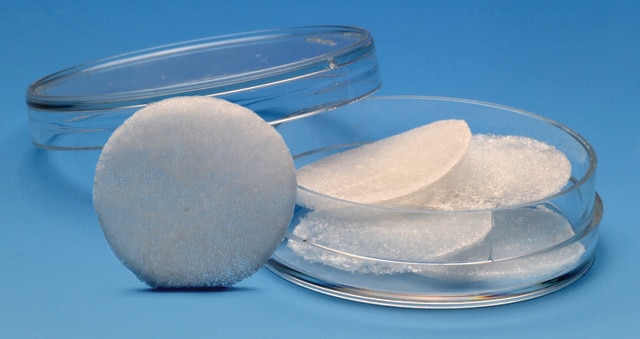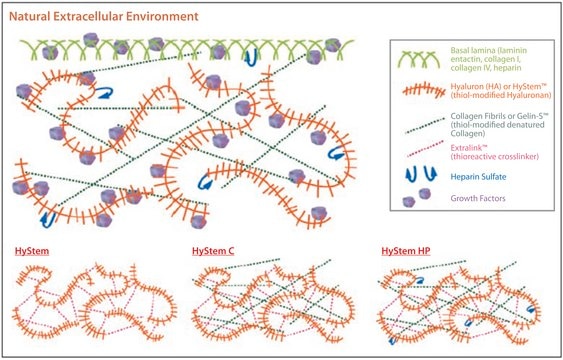Z687553
3D Biotek 3D Insert™ PS scaffold
for 24 well plates, 12 inserts/24 well plate
Synonym(s):
3D, 3D Cell Culture
About This Item
Recommended Products
material
polystyrene
description
polystyrene (PS)
sterility
sterile
quality
12 inserts/24 well plate
packaging
pack of 12 ea (12 inserts supplied in 24 well plate)
manufacturer/tradename
3D Biotek PS152024-12
fiber diam.
150 μm
size
24 well
color
clear
pore size
~200 μm (Fiber spacing)
binding type
non-treated surface
Looking for similar products? Visit Product Comparison Guide
Related Categories
General description
- Terminally sterilized by gamma irradiation and ready for use
- Compatible with most of your current 2D assays
- Easy for imaging. Cell growth can be monitored by light microscope, no need to purchase any additional sophisticated equipment.
Legal Information
Certificates of Analysis (COA)
Search for Certificates of Analysis (COA) by entering the products Lot/Batch Number. Lot and Batch Numbers can be found on a product’s label following the words ‘Lot’ or ‘Batch’.
Already Own This Product?
Find documentation for the products that you have recently purchased in the Document Library.
Customers Also Viewed
Articles
3D cell culture overview. Learn about 2D vs 3D cell culture, advantages of 3D cell culture, and techniques available to develop 3D cell models
Our team of scientists has experience in all areas of research including Life Science, Material Science, Chemical Synthesis, Chromatography, Analytical and many others.
Contact Technical Service